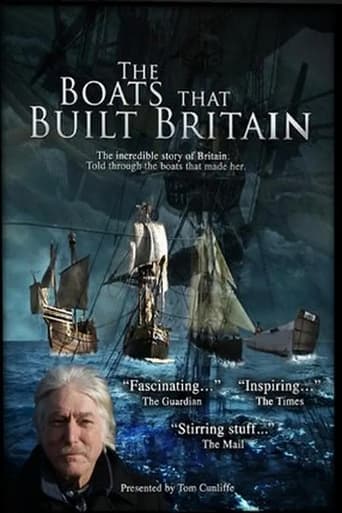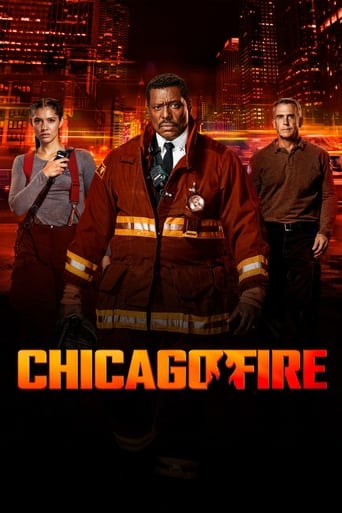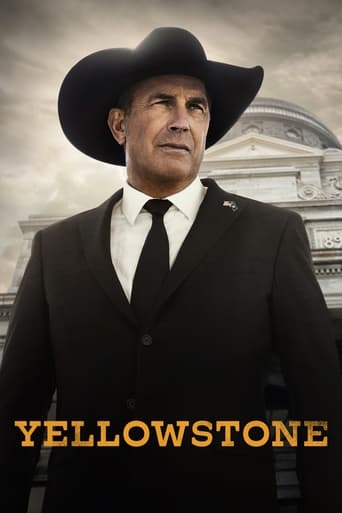
Sailor and writer Tom Cunliffe takes a voyage through the history of British seafaring and puts some of the vessels featured in the programme through their paces
Seasons & Episode

No ship has ever made a more important discovery than the Matthew. In 1497, explorer John Cabot left Bristol on this little boat and 3,000 miles later landed in what we now know is North America. His discovery would change Britain and the world forever.

HMS Pickle is the unsung hero of the British navy. In 1805 Britain had just won the most significant sea battle in history, Trafalgar. But how to get the message home to an expectant nation? Enter the Pickle, the smallest ship in the fleet, a little boat with a revolutionary new design that beat her bigger rivals back to Britain to deliver the news.

The square rigger is arguably the most important vehicle in history. In the 19th century these boats transported finished goods and raw materials all over the world, transforming Britain from a second-rate European power into the richest and most powerful nation on earth.

The Reaper is the biggest sailing lugger ever to fish the seas. Seventy feet long and capable of pulling in ten tonnes of herring in a single haul, the Reaper was an awesome beast that fed Britain at a time when she needed it most.

Many consider the Bristol Channel pilot cutter to be the finest sailing boat design ever. Fast, seaworthy and beautiful to behold, the pilot cutter is the perfect combination of form and function - a thoroughbred perfectly adapted to a life in one of the Britain's most treacherous stretches of water.

Looking more like a skip than a boat, the LCVP, or Landing Craft Vehicle and Personnel, won't win any prizes for beauty. Yet the craft did more to win World War II than any other piece of machinery.
You May Also Like
Top Streaming TV Show









